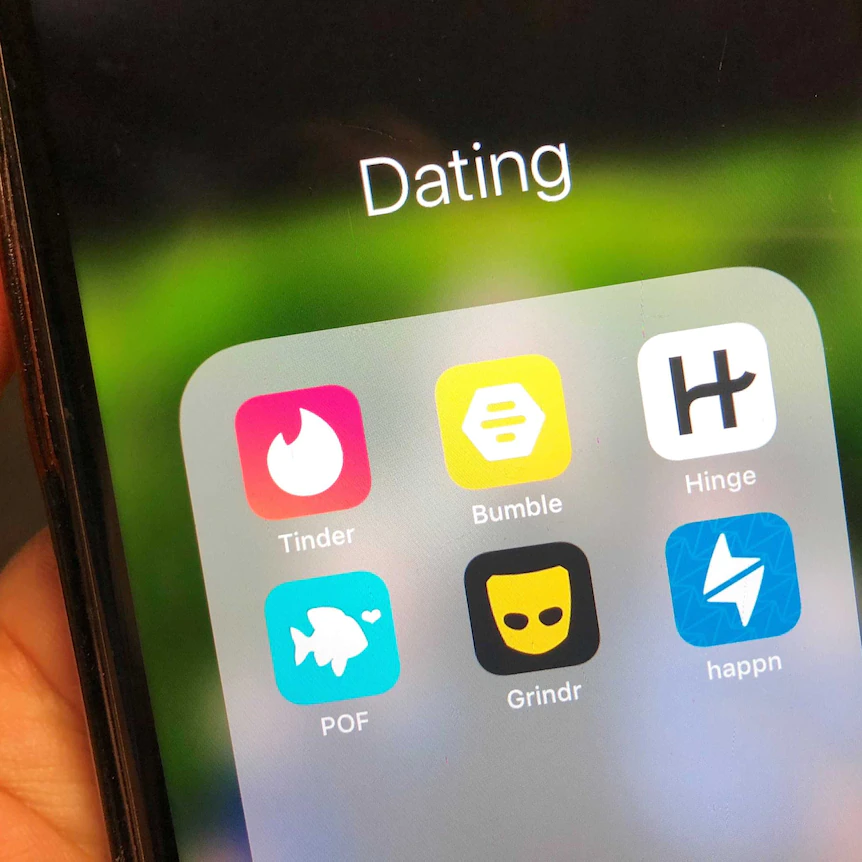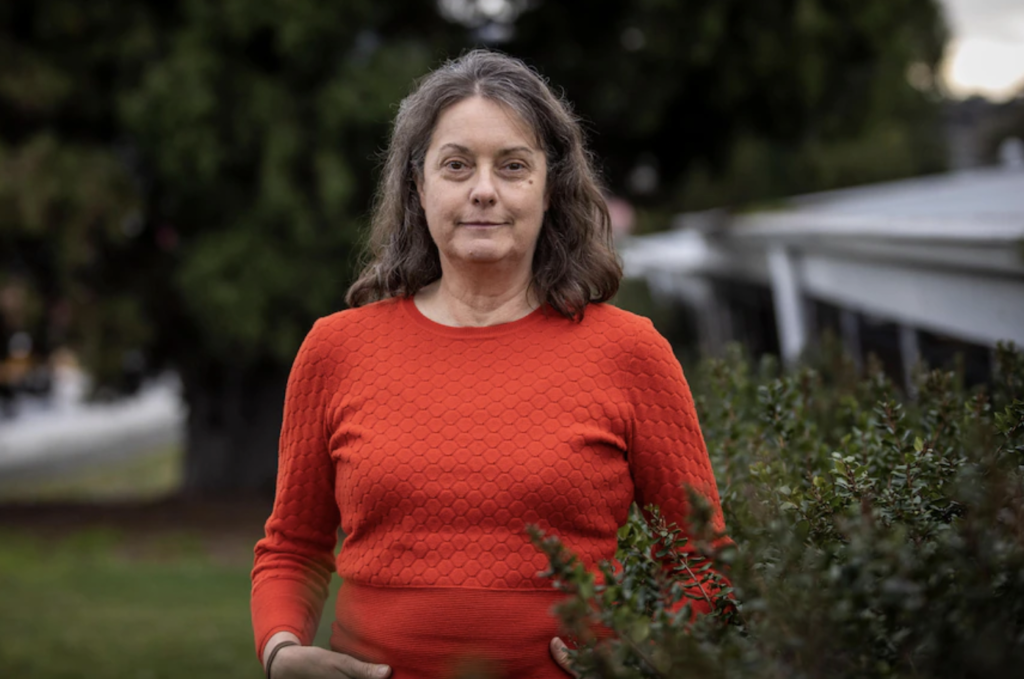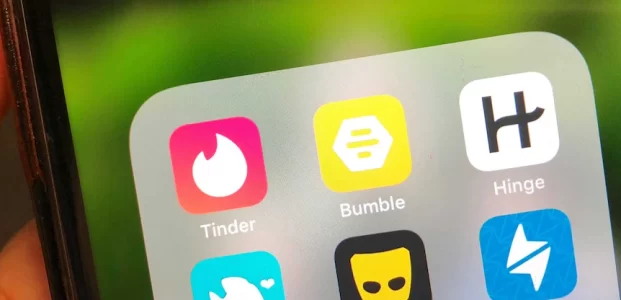CW: This article contains discussions of sexual harassment, including examples of predatory sexual behaviour and assault, which some readers might find distressing. If you need to reach out to seek help, contact 1800RESPECT.
Once upon a time, the dating world looked a lot different. Before the arrival of the illustrious, seemingly endless and euphorically hopeful world of social media, we swapped DMs and profiles for blind dates, mutual friends and what appeared to be just sheer dumb luck (“I turned around and there he was”). Personal email addresses and phone numbers were exchanged on napkins, receipts and scraps of paper. Some of us might even remember the terror from waiting for that call to come through on the landline, wrestling family members to get off the line and hoping for minimal questions afterwards.
Ah, the joys of dating.
Today, dating is way more advanced. Across vast oceans and continents, we can now connect with anybody who is anybody with a device, regardless of any geographical or social barrier. It’s simple: download an app, swipe right or hit like, and voila, we have a match. Tinder, Bumble, Hinge, Grindr – whatever floats your boat, all you need is to press a few buttons and … you’ve reached the world of online dating.

Sounds like a dream, right? The same romantic old-school dating from previous decades, but made a whole lot easier. It’s easy, fast and offers us a web of connections that would have been unfathomable or impossible beforehand. A spectacularly interconnected social playground and dreamworld for every millennial, Gen Z and everyone else in between looking for love.
But is this world full of dating apps really as hopelessly romantic and crayola-coloured as what it seems? Unfortunately, the reality is a lot more dark. Specifically, dating apps are becoming increasingly under fire for being rife with sexual violence, harassment and coercion, an Australian Institute of Criminology Data survey reports. And the results are anything but cute.
The survey has cracked open the reality behind the online dating, with one-third of the 10 000 Australians surveyed claiming they have experienced sexual violence from someone they had met online in the past five years. Examples of technology-based sexual abuse range from receiving unsolicited sexually explicit images and messsages, physical or verbal pressure to perform sexual acts, being threatened and stalked, drink spiking and rape. Individuals who identify as gay, lesbian and bisexual were more likely to be the targets of sexual harassment from dating apps (transgender individuals were not identified in the survey). In cases of physical assault, nearly 20% stated that they had been victims of stealthing.
While these results are already disturbing, they are made even more so with the knowledge that in 2021, over 3.2 million of us were using some sort of dating app. And that was just in Australia alone. We can assume that in a sample of 10 000 people, a significant number of Australians across digital dating platforms are experiencing this level of harassment, exploitation and mistreatment, or worse.
Jill Maxwell, CEO of Sexual Assault Support Service, is calling it the “new form of sexual violence”. This sentiment is perpetuated with the belief that there is a lack of accountability from dating app users because people often do not know others on a personal level. It might also suggest a growing need to shift sexuality-centred discourse to include ethical image sharing, respectful relationships and the continuous need for consent regardless of being online or in-person.

The response from popular dating apps has been to implement a series of terms of conditions in the sign-up process, detailing users use the app responsibly by preserving people’s dignity, privacy and right to their health and safety in the community. Users are explicitly required to not stalk, intimidate, assault, harass or threaten, ensuring a respectful member experience for both themselves and others. But then, while these conditions should be obvious, it’s fair to say that most people just scroll right past these like any other social media app. Clearly, there is also a moral obligation for dating apps to do more to protect their vulnerable users than just blocks of words plastered on a screen, most of which goes ignored.
The results present an undeniable need for proficient consent education specific to online platforms and dating apps, a concept that remains relatively absent in modern conversations about sexuality and relationships. Primary prevention is an especially integral step in these consent conversations, as perpetrators can easily deactivate accounts, delete messages and remove all traces of activity off these dating apps. These in-app features allow perpetrators to “disappear” and makes it
increasingly harder for the faces behind these unacceptable actions to be identified.
What needs to change?
There are two things. The first being that there needs to be a greater push for dating apps to prioritise safety by adjusting their features and design. Examples of these include easier and robust reporting processes, multi-factor identification and censorship of sexually explicit material. Histories of private messages should also be stored in a database that can be easily retrieved to help victims. There also needs to be an opportunity for users to actively engage with and understand proper consent practices prior to finalising their accounts.
Second, the results show a gap in current consent education, with more focus on navigating modern dating on online platforms needed. This includes addressing ways consent is communicated. Even if someone is willing to attend a date in person after connecting online, it does not automatically mean they are open to participate in activities beyond that. There also needs to be growing awareness about what support services are available to victims.
For now, there’s no need to completely tap out of your favourite dating apps, but certainly this is a line that needs to go dead.


Pingback: Do dating app reforms do enough to keep you safe? – Empowered Together